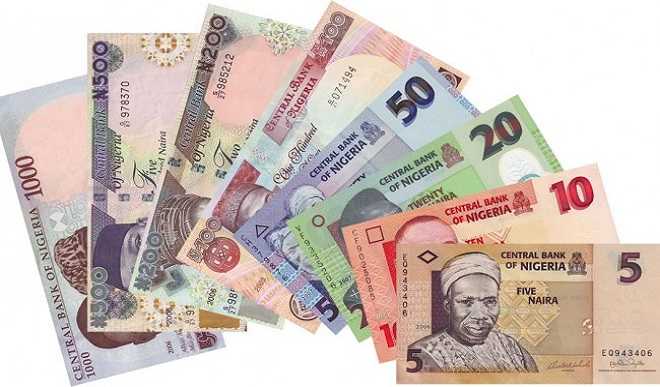Nigerians possess more money in circulation now than in 2020
By Jeph Ajobaju, Chief Copy Editor
Banknotes and coins worth N2.97 trillion are in circulation, possessed by Nigerians, but the hue and cry about inflation, joblessness, and poverty testify to how the vast sum is cornered up by a few through financial corruption, Nigeria’s disease.
Latest Central Bank of Nigeria (CBN) data shows that total currency in circulation (CIC) in October amounted to N2.97 trillion – physical cash in paper or coins used for transactions.
It also represents cash issued by the CBN and taken out, and cash in the vault of commercial banks available for withdrawal by customers.
The N2.97 trillion currency in circulation by October is N128.9 billion higher than N2.837 trillion in September 2021 and N467 billion more than the sum in October 2020.
A total N2.90 trillion currency was in circulation in entire 2020, according to CBN figures.
Nairametrics reports that currency in circulation has risen to about N2 trillion since November 2018 and remained above this level since then. It first notched up a historic N2.91 trillion in December 2020 before falling for most of 2021.
A 2014 publication by the CBN “discovered that depending on the specification of the model, structural variables such as the exchange rate and interbank rate, and dummy variables for elections and holidays were significant in explaining changes in CIC.”
This suggests that elections in Nigeria play a significant role in the demand for physical currency.
__________________________________________________________________
Related articles:
Printing 2.5b new banknotes costs N58.6b in one year
Banknotes worth N698,593.29m destroyed by CBN
CBN discovers N56.83m counterfeit currency notes
_________________________________________________________________
Inflationary pull
The latest increase in currency in circulation shows a rise in demand for physical cash and may have been precipitated by high inflationary effects on goods and services as well as several CBN intervention programmes.
The CBN in its monetary policy committee (MPC) briefing in November did not reference the increase in currency in circulation or explain why it rose.
But it explained that Money Supply grew 7.10 per cent in October compared with 4.72 per cent in September.
The growth in money supply was driven by growth in Net Domestic Assets (NDA) by 9.12 per cent in October against 10.71 per cent in September.
Net Foreign Assets (NFA) contracted -1.50 per cent in October compared with 20.85 per cent in September.
Continued growth in NDA is largely driven by increased claims on the federal government and other public nonfinancial corporations, private sector, and state and local governments.
Further breakdown
The CBN publishes closely watched Money and Credit Stats data that provides insights into how money flows in the country.
The data shows that
- Credit to the private sector rose to a record N34.9 trillion in October.
- Credit to the government fell from N13 trillion in September to N12.8 trillion in October.
- Currency outside circulation rose from N2.3 trillion in September to N2.5 trillion in October.
- Total Money Supply (M2) hit a historic N41.3 trillion in October.
The CBN recently launched eNaira digital currency to help deepen financial inclusion and reduce physical cash in the economy particularly the sums coming through government intervention funds and cash handouts.













